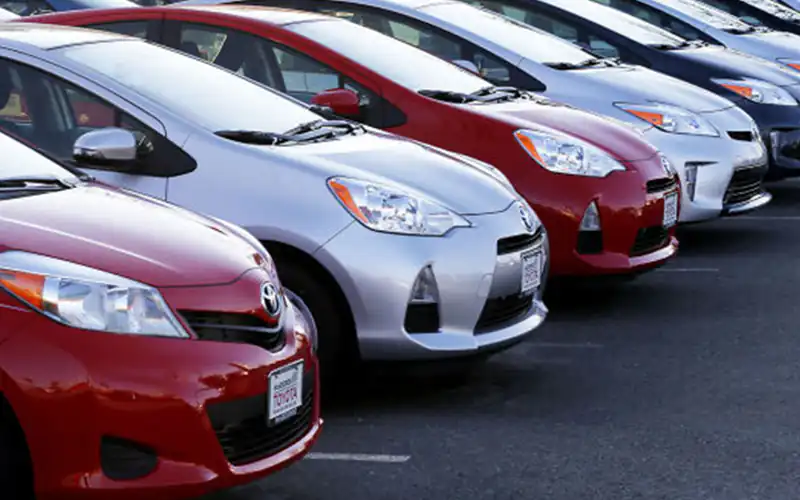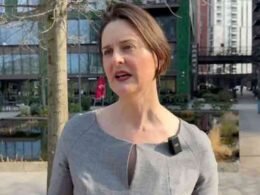The federal government has imposed an 18 percent sales tax on vehicles, including petrol, diesel, and hybrid models, aimed at reforming the vehicle tax structure in Pakistan.
Previously, some cars were taxed at lower rates, leading to inconsistent pricing across different categories. The new policy introduces a single, flat rate to ensure uniformity.
Authorities say the updated tax system will make it easier for car buyers to understand total costs and avoid confusion about how much tax they will pay.
It also helps the government collect taxes more efficiently by eliminating the older, complicated tax slabs that often created administrative delays and errors.
READ: Budget 2025-26: Govt abolishes excise duty on property transfers
Automakers are expected to adjust their pricing strategies accordingly. Experts believe a flat rate will offer more transparency and help manufacturers plan production and sales better.
The government aims to bring fairness to the auto market, where hybrid and small cars were previously taxed less, giving them a competitive edge.
By applying the same tax rate to all fuel-based and hybrid cars, the policy levels the playing field for every type of vehicle in the market.
The 18 percent sales tax on vehicles is part of broader economic reforms planned in the federal budget 2025 to increase revenue and reduce tax evasion.
Although prices for small and electric vehicles are expected to rise, the government believes the simplicity of the new structure will benefit both buyers and sellers.
The Federal Board of Revenue (FBR) has assured that implementation will be smooth, with clear communication to car companies and importers.












